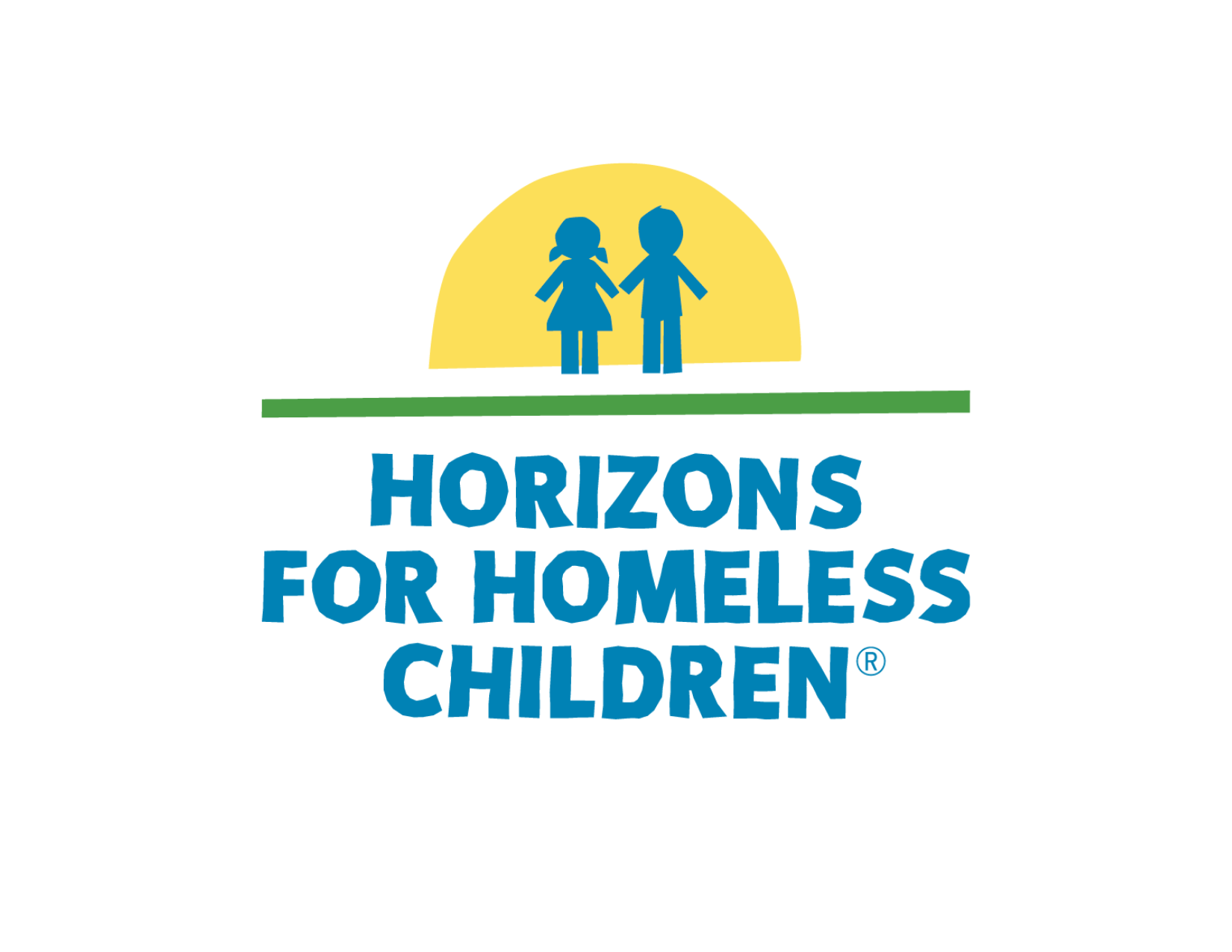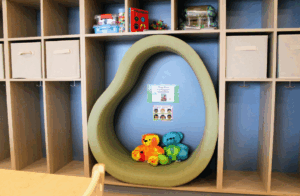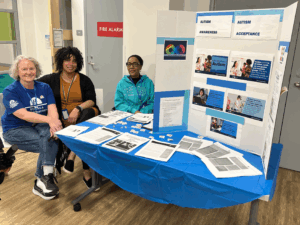Summer at Horizons
- by hhc_admin_1
For many children summer marks the beginning of warm days spent in the sun free from homework and the classroom. For homeless children who rely on the consistency of the school year however, summer vacation can further a sense of instability for children already dealing with uncertain circumstances. At Horizons, our early education centers and Playspaces operate year round, ensuring that children reap the benefits of a consistent routine, while maintaining the educational strides they have made throughout the year.
Jayd Rodrigues, center director for Horizons’ three early education centers, was eager to discuss the impact summer vacation has on children experiencing homelessness, and how Horizons works to minimize the negative effects.
“A year-round program not only offers stability to the parents, it also helps the children have a consistent learning schedule. By staying consistent throughout the year, the only change that occurs in the summertime is a positive one; volunteers often have more time to give and become a very stable influence.”
Jayd stressed that year-round continuity is equally important for parents as it is for students.
“If we didn’t have a year-round program, there would definitely be a disruption to what the family is trying to accomplish, whether that is finding employment or stable housing,” said Jayd. “Our year-round program allows parents to continue working on bettering their situations.”
Horizons’ Playspaces which operate in shelters across the state also continue through the summer months. While early-education centers at Horizons focus on children 0-6, Playspaces serve children up to the age of 10. Playspaces often change during summer vacation because of the increased number of school aged children.
Horizons’ Western Region Playspace Director, Joanna Berube, shared the benefits a year-long Playspace program has on homeless children and their parents.
“Summer can be challenging for homeless families because parents need to find alternative care for their children, and the child’s day to day routine is disrupted. However with Horizons’ Playspaces families can rely on consistent Playspace shifts staffed by dedicated volunteers.”
Joanna added that the increase in school-aged children attending Playspaces in the summer has an added benefit, it allows for more unstructured play, which has proven benefits for children of all ages.
“With older children comes more creativity of play. Free play, led by the child, helps children of all ages learn to cooperate and bond, boosting everyone’s level of creativity and imagination.”
This post was written by Rachel San Giacomo, a regular contributor to Horizons’ blog




